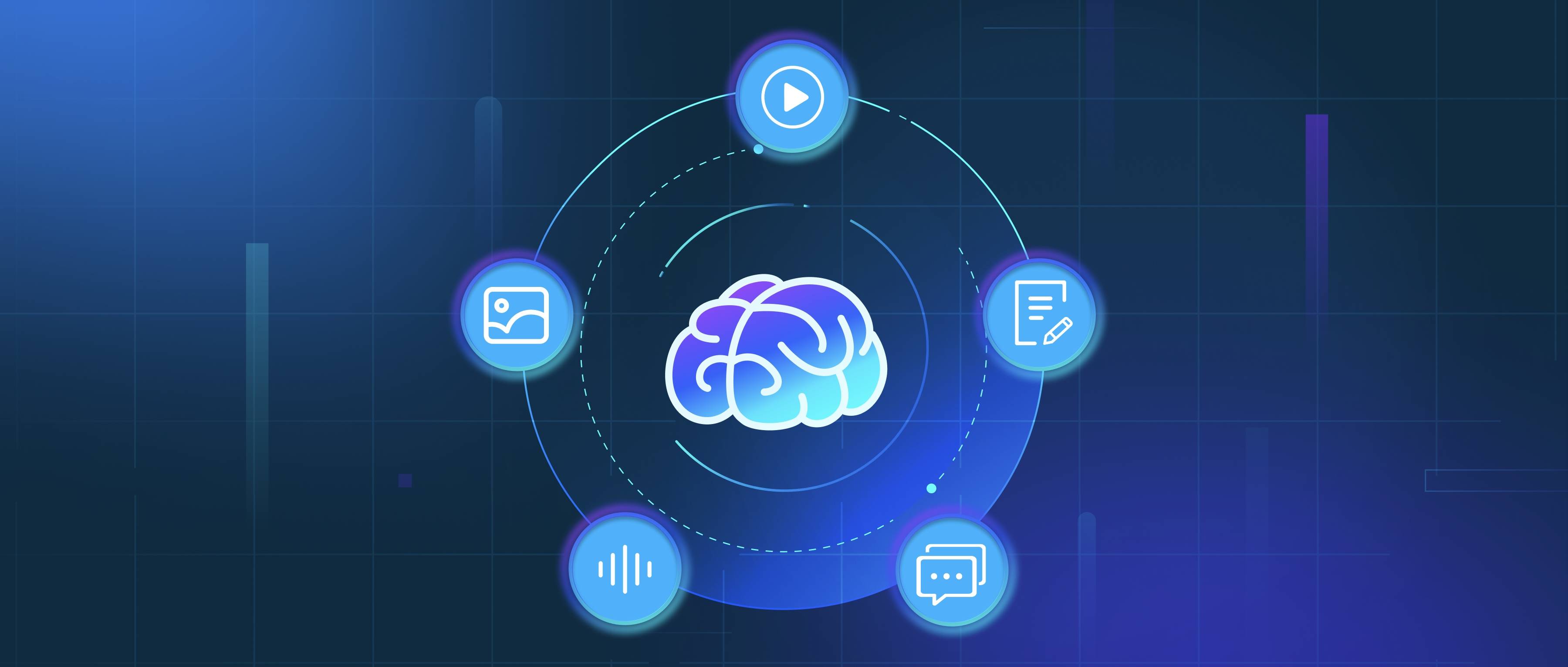Deep learning is a subset of machine learning that focuses on using neural networks with many layers (often called deep neural networks) to model complex patterns in data. From a technical perspective, deep learning has proven to be highly effective in fields such as image recognition, natural language processing, and speech recognition. These models can automatically learn hierarchical features from raw data, which makes them particularly suited for tasks where traditional machine learning techniques struggle. For example, deep learning excels in image classification, where models can identify objects or people in pictures without needing manual feature extraction. However, deep learning also has some drawbacks. First, it requires substantial amounts of labeled data to perform well, which can be a significant barrier in domains where data is scarce or hard to annotate. Additionally, deep learning models can be computationally expensive, requiring powerful hardware such as GPUs to train effectively, which may not be available in all settings. Despite these challenges, deep learning has made significant strides and is increasingly used in production systems. In the realm of computer vision, deep learning has revolutionized tasks like object detection and semantic segmentation, with architectures like Convolutional Neural Networks (CNNs) leading the way. The success of deep learning in certain areas does not mean it is always the best choice, but it has certainly opened up new possibilities in many fields.
What do you think of Deep Learning?

- Getting Started with Milvus
- The Definitive Guide to Building RAG Apps with LlamaIndex
- GenAI Ecosystem
- Optimizing Your RAG Applications: Strategies and Methods
- Large Language Models (LLMs) 101
- All learn series →
Recommended AI Learn Series
VectorDB for GenAI Apps
Zilliz Cloud is a managed vector database perfect for building GenAI applications.
Try Zilliz Cloud for FreeKeep Reading
How many users and agents are active on Moltbook?
There isn’t a single stable number you can treat as ground truth, because different public sources report different metr
What is the role of neural networks in generating embeddings?
Neural networks play a central role in generating embeddings by learning the representations of data in a continuous vec
What is molecular similarity search?
Molecular similarity search identifies compounds with similar structures or properties to a given molecule. It is a cruc